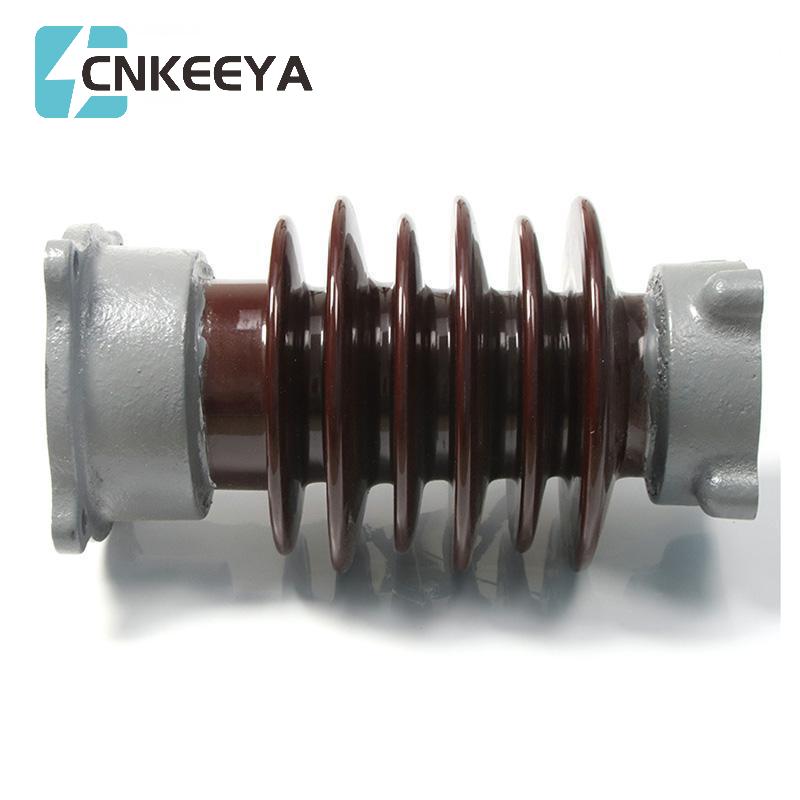Are Electrical Insulators Premium Quality Solutions for Power Transmission & Distribution?
2025-08-04
What Are Electrical Insulators?
Electrical insulators are essential components in power systems, designed to block unwanted current flow while safely supporting conductors. CNKEEYA's Electrical insulators ensure reliable electricity transmission by preventing short circuits and maintaining system stability in overhead lines, substations, and industrial applications.
Key Features & Benefits
✔ High Dielectric Strength – Withstands extreme voltages (up to 800kV+)
✔ Weatherproof Construction – Resists UV, pollution, and moisture
✔ Mechanical Durability – Supports heavy conductors without failure
✔ Multiple Material Options – Porcelain, glass, and polymer composites
✔ Long Service Life – Low-maintenance, corrosion-resistant designs
Technical Specifications
1. Insulator Types & Applications
| Type | Material | Voltage Range | Best For |
|---|---|---|---|
| Pin Insulator | Porcelain/Glass | 11kV-33kV | Distribution poles |
| Suspension Disc | Tempered Glass | 66kV-400kV | High-voltage transmission |
| Polymer (Composite) | Silicone Rubber | 33kV-765kV | Coastal/polluted areas |
| Post Insulator | Porcelain | 11kV-245kV | Substations, transformers |
2. Performance Comparison
| Parameter | Porcelain | Glass | Polymer |
|---|---|---|---|
| Dielectric Strength | 60 kV/cm | 55 kV/cm | 120 kV/cm |
| Weight | Heavy | Heavy | Lightweight |
| Pollution Resistance | Moderate | Good | Excellent |
| Lifespan | 25-30 years | 30+ years | 15-20 years |
Electrical Insulator FAQ
Q1: How do I choose between porcelain and polymer insulators?
A: Porcelain suits traditional HV lines with moderate pollution, while polymer excels in coastal/industrial areas due to superior pollution resistance and lighter weight. For extreme mechanical loads, glass disc insulators are preferred.
Q2: What causes insulator failure, and how to prevent it?
A: Common causes:
-
Pollution buildup (regular cleaning required)
-
Cracking (avoid mechanical stress during installation)
-
UV degradation (use silicone-coated polymers)
Prevention: Select insulators with adequate creepage distance and conduct annual inspections.
Q3: Can insulators be repaired if damaged?
A: No. Cracked or punctured insulators must be replaced immediately to prevent electrical faults. Polymer units with damaged sheds also require replacement, as repairs compromise dielectric performance.
Why Choose Our Insulators?
-
Certified Compliance: Meets IEC, ANSI, and BS standards
-
Custom Designs: Tailored creepage lengths, hardware options
-
Global Supply: Fast delivery for bulk utility projects
-
Technical Support: Assistance with selection and installation
Request a quote today for insulators optimized for your voltage class and environment!



